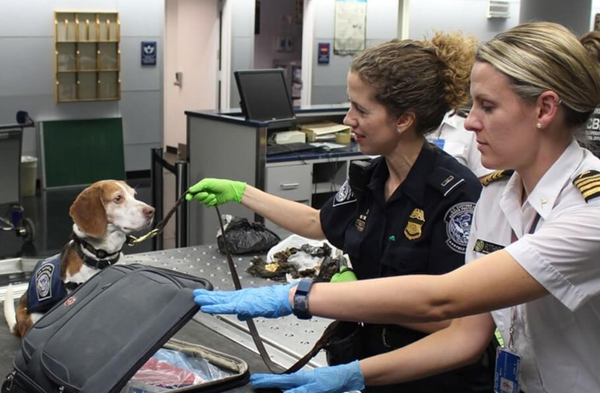
COVID-19 FAQ: Can genetic variations impact the severity of the disease?
At the moment there is no clear scientific answer. Researchers are hunting for genetic clues to help identify people at risk from more severe cases of COVID-19....

Endre Szvetnik is Senior Editor at Sparrow. Endre works with Sparrow Heroes to curate, translate and disseminate scientific research to the wider public.

At the moment there is no clear scientific answer. Researchers are hunting for genetic clues to help identify people at risk from more severe cases of COVID-19....

In a recent study, University of Texas and New York University teams confirmed that the ‘parent’ of SARS-CoV-2 – RaTG13 was first identified in bats in 2013....

Although children are far less likely to fall severely ill with COVID-19 than people over 60, cases of a mysterious inflammatory condition have been identified by doctors who suspect that it’s linked to SARS-CoV-2 infection....

The COVID-19 pandemic has stirred up a massive effort among researchers to help tackle the crisis. Research teams are using AI techniques to identify symptoms faster, find new therapies and to inform public health policy....

Currently, there is no scientific evidence that we can catch the novel coronavirus SARS-CoV-2 from drinking water or from swimming in it....

It seems dogs can catch SARS-CoV-2 from their owners, but it is unclear if they can pass it back to humans. Researchers observed 15 dogs and seven cats after their owners were taken to hospital in Hong Kong with Covid-19 and the p...

British researchers are launching a trial to find out if trained dogs can identify COVID-19 patients. Earlier research proved that dogs can pick up odours that contain signatures of cancers, Alzheimer’s disease and even smells sig...

Recent scientific evidence suggests that adequate vitamin D levels can help reduce the risk of having more severe symptoms of the novel coronavirus infection....
